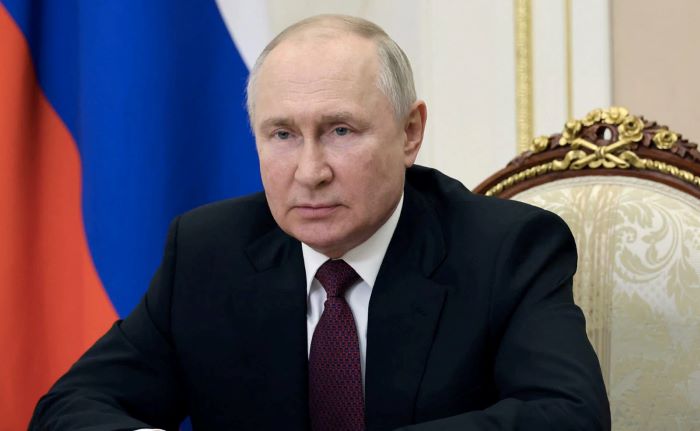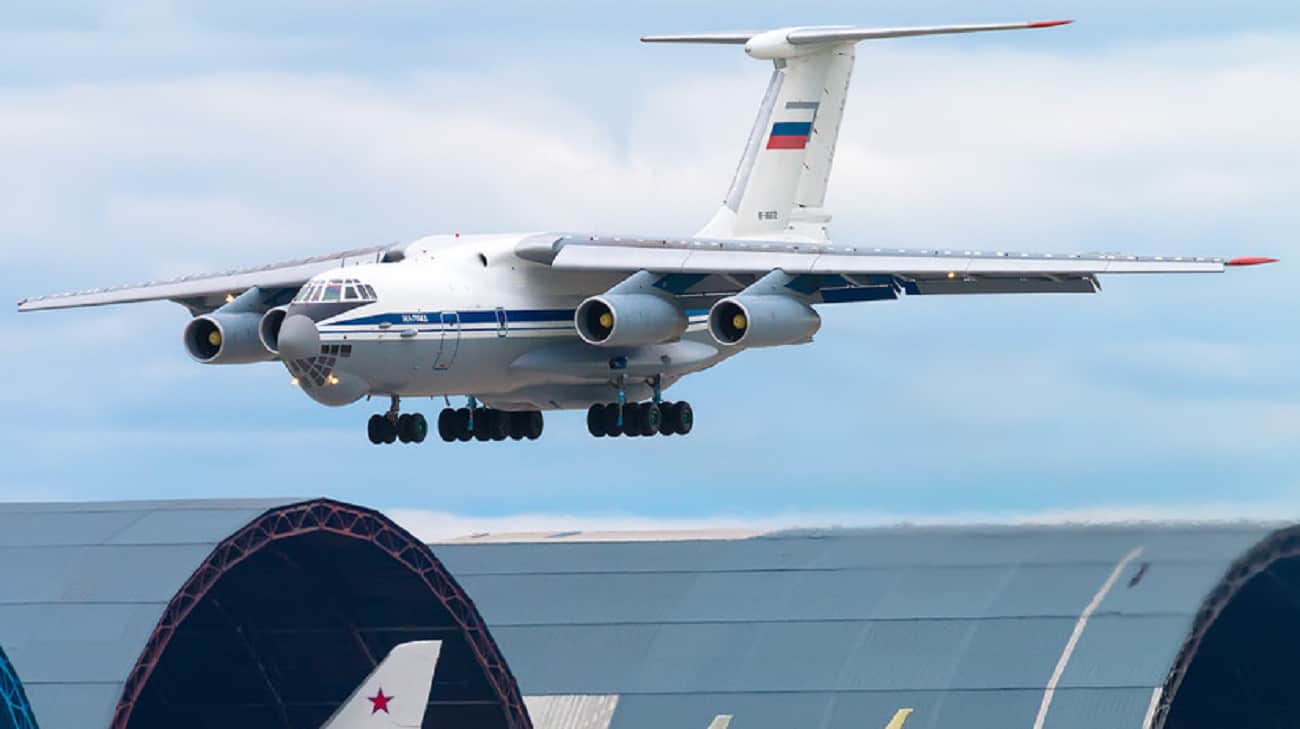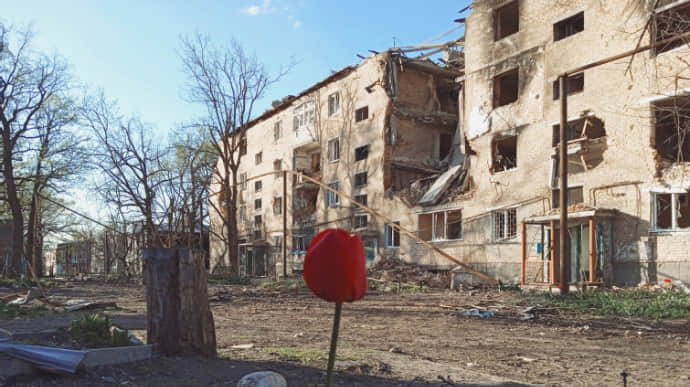ISW: Putin’s post-election speech signals continued reliance on FSB
Putin's appeals to the FSB likely indicate that Russian security services and siloviki (Russian strongmen with political influence) will continue representing his core constituency in his fifth presidential term, following the challenge posed by deceased Wagner Group financier Yevgeny Prigozhin.

Russian leader Vladimir Putin portrayed the Federal Security Service (FSB) as a key guarantor of Russian security and sovereignty in his first major address following his “victory” in the presidential election, the Institute for the Study of War (ISW) reported on 20 March.
Putin’s appeals to the FSB likely signal that Russian security services and siloviki (Russian strongmen with political influence) will continue representing Putin’s core constituency in his fifth presidential term.
“One of the greatest challenges to the stability of Putin’s rule came from a silovik, deceased Wagner Group financier Yevgeny Prigozhin,” ISW reported. Therefore, Putin may be “highlighting the FSB as an organization that has his current favor.”
Putin delivered the speech at the FSB board meeting on 19 March, thanking FSB officers for “successful operations in Ukraine, for suppressing attempts to interfere in Russian internal affairs, and for repelling ‘terrorist’ attacks against Russia.”
Highlighting the FSB’s roles, Putin said its responsibilities to “ensure Russia’s economic security, combat corruption, and protect critical infrastructure.” These remarks likely signal that Russian security services and siloviki (Russian strongmen with political influence) will continue representing Putin’s core constituency in his fifth presidential term.
“Putin’s appeals to these FSB functions likely sought to remind his domestic constituency that his regime has the backing of an extensive security apparatus,” the ISW reported, noting the Kremlin’s attempts to expand this apparatus since the Ukraine invasion.
ISW also reported that even though Putin may be “highlighting the FSB as an organization that has his current favor,” he has traditionally pitted security organizations against each other to prevent any single entity from amassing too much power.
Read also:
- Fraud, coercion, 90%+ for Putin: how Russia staged a sham election in occupied Ukraine
- ISW: Ukraine unlikely to have hit Russian helicopter in Transnistria
- ISW: Russia seeks to incite protests among Ukrainian POWs’ relatives
You could close this page. Or you could join our community and help us produce more materials like this.
We keep our reporting open and accessible to everyone because we believe in the power of free information. This is why our small, cost-effective team depends on the support of readers like you to bring deliver timely news, quality analysis, and on-the-ground reports about Russia's war against Ukraine and Ukraine's struggle to build a democratic society.
A little bit goes a long way: for as little as the cost of one cup of coffee a month, you can help build bridges between Ukraine and the rest of the world, plus become a co-creator and vote for topics we should cover next. Become a patron or see other ways to support.



